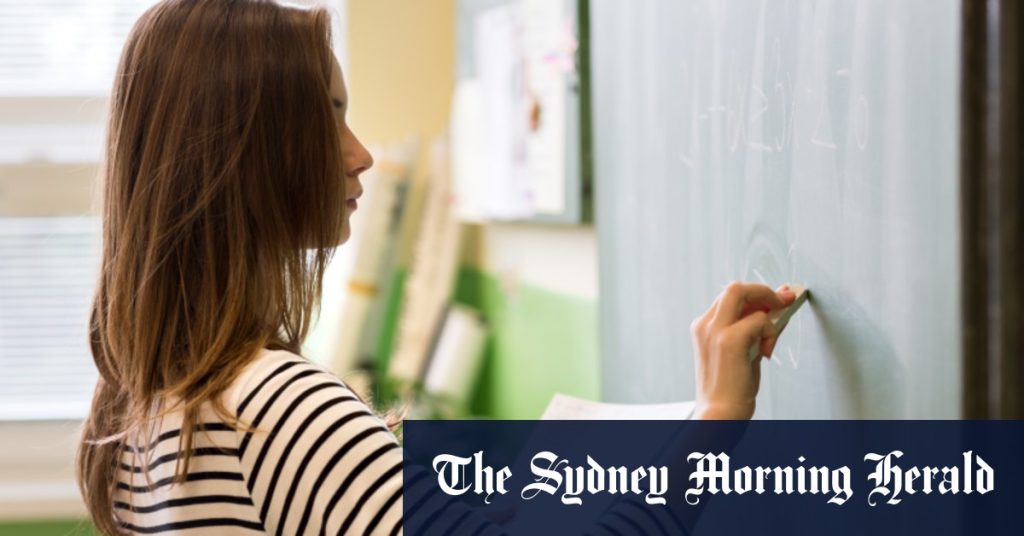The Community and Public Sector Union in Western Australia has raised concerns about support workers being expected to look after students during a strike. The union’s secretary, Rikki Hendon, stated that support workers are not trained to handle children’s duty of care and it would be a risk to both the workers and the students if they were responsible for their care. Hendon emphasized that she would not be sending her own child to school during the strike and called on the state government to re-think its plans regarding school supervision during the strike.
Despite the concerns raised by the union, one principal at a primary school in Perth’s western suburbs confirmed that the school would still be open during the strike. The principal assured parents that they would arrange for supervision and modified activities for students until the end of the stop work action. It is unclear if students at other affected schools would still be able to attend if their parents required them to do so. The situation raises questions about the level of care and supervision that will be provided to students during the strike and the potential risks involved for both the children and the support workers.
The issue has sparked debate and controversy, with some parents expressing concern about sending their children to school during the strike. Community and Public Sector Union WA Branch Secretary Rikki Hendon stated that she would not be sending her child to school and called for a re-evaluation of the state government’s plans regarding student supervision during the strike. The union’s concerns highlight the potential risks involved for both support workers and students if support workers are expected to provide care for students without proper training or supervision.
The situation has raised questions about the state government’s plans for school supervision during the strike and the level of care that will be provided to students. While some schools have stated that they will remain open and provide supervision and modified activities for students, concerns remain about the adequacy of care and supervision that will be provided. Parents are left wondering whether it is safe to send their children to school during the strike and what the potential risks may be for both the children and the support workers responsible for their care.
The controversy surrounding school supervision during the strike has highlighted the importance of ensuring the safety and well-being of students during such events. The concerns raised by the Community and Public Sector Union about support workers not being trained to handle children’s duty of care underscore the need for clear and effective plans to be put in place to safeguard students during strikes and other disruptions. Parents, teachers, and policymakers must work together to address these concerns and ensure that students are provided with the appropriate care and supervision during such challenging times.
In conclusion, the debate over school supervision during the strike raises important questions about the safety and well-being of students and the level of care that will be provided to them. While some schools have stated that they will remain open and provide supervision for students, concerns remain about the adequacy of care and supervision, particularly if support workers are expected to handle children’s duty of care without proper training. Parents, teachers, and policymakers must work together to address these concerns and ensure that students are provided with the necessary support and supervision during strikes and other disruptions.













